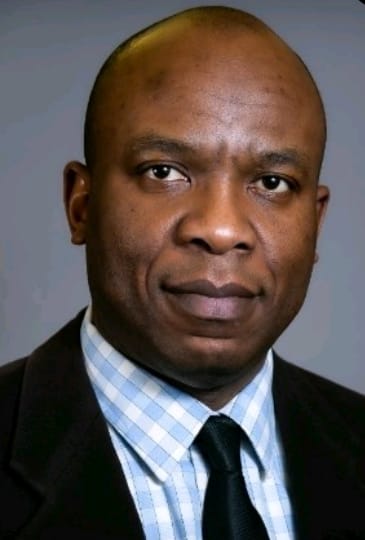By Abidemi Adebamiwa
Corruption is not just a legal infraction—it is a crime against society. Settling it out of court isn’t efficiency; it’s betrayal.
In Nigeria, the fight against corruption has become a mirage. Public officials with no history of affluence suddenly emerge as billionaires upon assuming office. Yet, anti-graft agencies focus their attention on petty fraudsters while the true looters—often high-ranking insiders—exit through VIP doors, untouched and unchallenged.
We all know the phrase: “He’s gotten a juicy appointment.” In Nigeria, it rarely means public service or merit. It signals access to public funds—an opportunity to loot under the protection of office, often with the unspoken understanding that some of the spoils will bankroll future political ambitions.
This is not an isolated problem. It is a pattern—one that reflects a deeper structural failure.
The 2024 Corruption Perceptions Index (CPI) by Transparency International places Nigeria at 147th out of 180 countries, with a score of 2.907. The country has made no measurable progress in recent years. Around the world, the picture isn’t much brighter. While countries like Rwanda and the Dominican Republic posted modest improvements, global leaders such as France and the United States slid backwards. The 2024 Global Peace Index adds to the concern, reporting a 0.56% overall deterioration in peacefulness, driven largely by corruption, conflict, and weakened governance.
At home, Nigerians are losing faith in justice. A report by the Human and Environmental Development Agenda (HEDA) shows over 65% of citizens believe judicial corruption is high or extremely high. Nearly half who interacted with the courts admit they had to pay bribes. And only 13% describe the judiciary as accessible.
Even when anti-graft agencies pursue high-profile cases, justice is rare. Endless adjournments, legal technicalities, and behind-the-scenes settlements have become the norm. These are not legal resolutions—they are quiet escapes negotiated in places where power speaks louder than law.
Corruption is not just a legal infraction—it is a crime against society.
Settling it out of court isn’t efficiency; it is betrayal. It’s a slap in the face to every Nigerian who follows the rules, pays taxes, and hopes for justice. These silent deals send the wrong message: that in Nigeria, justice is a privilege of the powerful.
To change this, Nigeria needs more than stronger agencies. We need an entirely new architecture of accountability:
-
Create independent anti-corruption courts, insulated from political interference, with strict timelines and clear jurisdiction.
-
Audit and publicly disclose security votes—long-abused slush funds that currently escape scrutiny.
-
Digitally verify asset declarations by public officials annually, and impose strict penalties for false filings or nondisclosure.
-
Ban out-of-court settlements in corruption cases, unless there is full restitution, public transparency, and judicial oversight.
-
Broadcast major corruption trials, not to shame, but to show that no one is above the law and that justice is real.
Right now, the system punishes the powerless and protects the powerful. A young man who steals a phone might spend years awaiting trial, while a former governor accused of embezzling billions gets red-carpet treatment and a diplomatic passport.
This is impunity by design—and we’ve accepted it for too long.
But it doesn’t have to stay this way.
As the CPI reminds us, corruption can be defeated. But only if we stop chasing shadows and confront the systems that protect the corrupt. In Nigeria, the cost of inaction isn’t just financial—it’s generational. It robs us of justice, dignity, and the future we deserve.
The public is not blind to the culprits.
The question is no longer who—
It’s whether we’re ready to act.
Abidemi is the Managing Editor @ Newspot Nigeria
Share your story or advertise with us: Whatsapp: +2347068606071 Email: info@newspotng.com

















